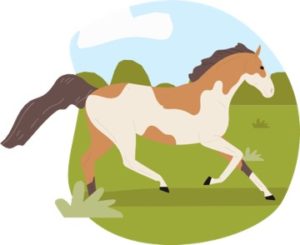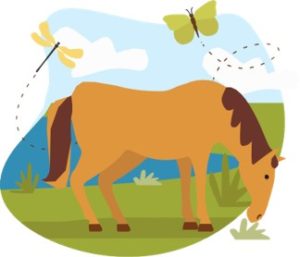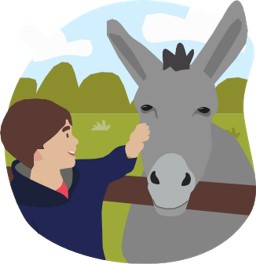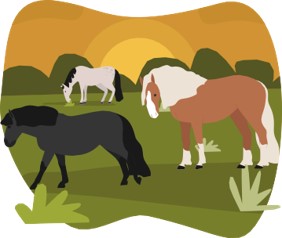Since 1965 we have had the ‘The Five Freedoms’ which have assisted organisations with assessing animal welfare. This was further strengthened in 2006 with the introduction of the Animal Welfare Act 2006 which consisted of five needs:
- Need for a suitable environment
- Need for a suitable diet
- Need to be able to exhibit normal behaviour patterns
- Need to be housed with, or apart, from other animals
- Need to be protected from pain, suffering, injury and disease.
These were created in order to help us ensure that an animal’s essential needs are met as defined in legislation, as well as helping us to understand what welfare standards we should be aspiring to.
However, in all the years which have passed, our knowledge and understanding of animal welfare has expanded and it has become vital to re-examine the way we look at and consider animal welfare so we can ensure animals have the best possible lives.
The Five Freedoms and Five Domains frameworks contain essentially the same five elements. However, the Five Domains explore the mental state of an animal in more detail and acknowledge that for every physical aspect that is affected, there may be an accompanying emotion or subjective experience that may also affect welfare. This is useful in terms of reinforcing the message that emotional needs are equally important as physical needs for animals.
The Five Domains is the most recent evolution of the five freedoms and provides us with a means to approach animal welfare in a more holistic manner, meaning that we are not just meeting their most basic of needs, but are making decisions that can further promote their physical and mental wellbeing.





